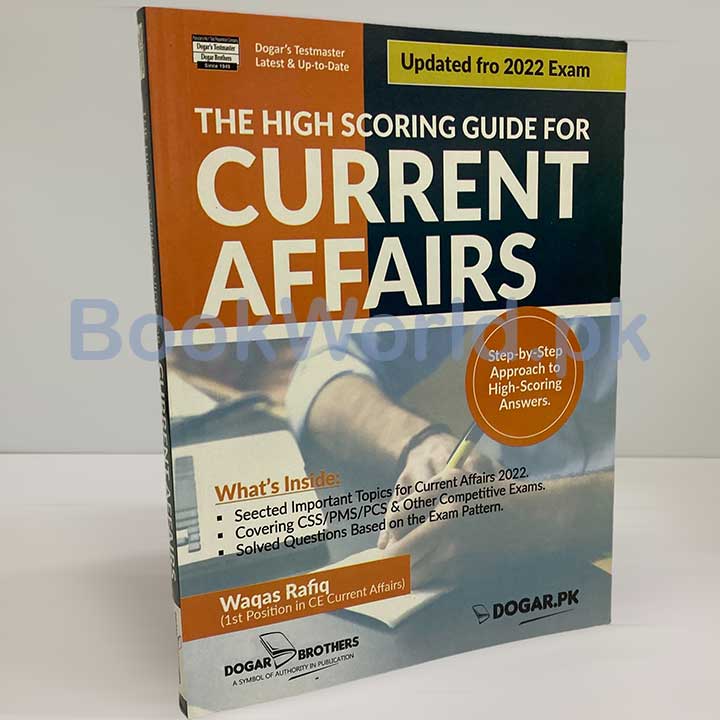Competitive exams test more than just knowledge. They evaluate accuracy, recall speed, and clarity of thought under pressure. Among all sections, current affairs questions often create a gap between average and top scorers. Those who learn how to prepare smartly manage to outshine others, even when the questions appear unpredictable.
The difference often comes from structured preparation. Acurrent affairs quiz can seem overwhelming if approached randomly, but using the right strategies makes the process easier. Developing daily habits and focusing on practical methods can give a noticeable edge.
Build a Strong Foundation Daily
Consistent exposure to important updates is crucial. Reading newspapers, trusted news apps, and government press releases helps create a strong base. Short daily notes taken from reliable sources act as quick revision material.
Relying only on monthly compilations may leave gaps in understanding. Instead, short regular sessions keep information fresh. This approach ensures facts are remembered longer and recalled quickly during high-pressure tests.
Prioritize Smart Sources Over Too Many
Many aspirants fall into the trap of reading from multiple channels at once. This often creates confusion and wastes time. Instead, selecting two or three trusted sources is enough to cover essential updates.
The goal is not to collect countless facts, but to filter out relevant details. Candidates should focus on government schemes, economic news, international relations, and significant national events. Concentrated study helps retain clarity and avoid last-minute panic.
The Art of Active Recall
Passive reading rarely works for quizzes. To score well, practice must involve recalling details without looking at notes. Writing down key points after reading or using flashcards strengthens memory retention.
Mock tests play a big role here. Solving them regularly builds confidence and trains the brain to pick the right answer quickly. The more the mind is challenged to recall, the sharper it becomes during the actual test.
Use Mnemonics and Mapping Techniques
Remembering dates, places, and figures can be stressful. Mnemonics and mind maps are excellent tools to simplify this process. A creative association with a word or image can make tough facts easier to retain.
For example, linking major events with visual sketches or storylines helps. Once such tricks are developed, recalling details during an exam becomes far quicker. Even lengthy reports or schemes can be memorized using structured mapping.
Revise Like a Strategist
Revision is where knowledge transforms into performance. Random revision is rarely effective. Instead, structured cycles of reviewing topics are more productive.
A useful method is the spaced repetition technique. Reviewing topics after a day, then after three days, and later after a week strengthens memory. This strategy ensures information stays fresh for longer periods.
Leverage Group Discussions and Teaching
Explaining topics to peers or engaging in short group discussions can sharpen understanding. Speaking about a subject requires clarity and forces better recall. It also helps discover gaps in knowledge.
Study circles can also exchange useful tricks, such as easy ways to remember important reports or committees. This peer learning environment provides exposure to diverse perspectives while strengthening personal preparation.
Success in quizzes is not about memorizing every headline. It is about learning how to filter, retain, and apply information effectively. The right blend of preparation methods, active recall, and strategic revision makes all the difference. Adopting these techniques consistently can turn a simple practice session into a high-scoring opportunity. Whether tackling a mock or a current affairs quiz, the aspirant who follows smart strategies stands a far better chance of excelling. With the right discipline, confidence, and sharp recall, any exam section becomes an opportunity to score higher.

